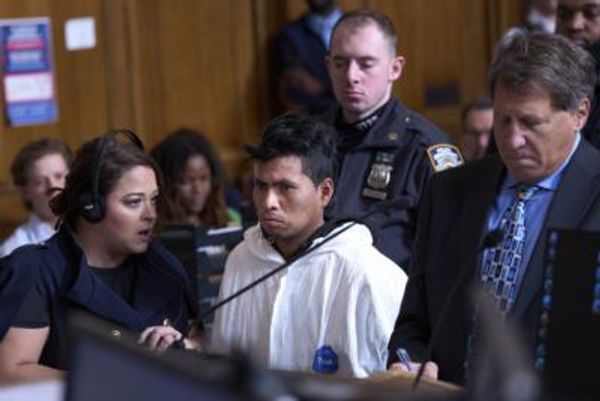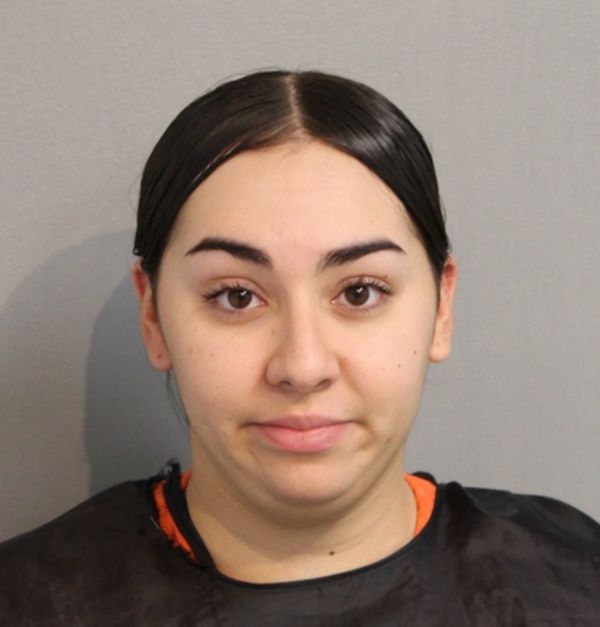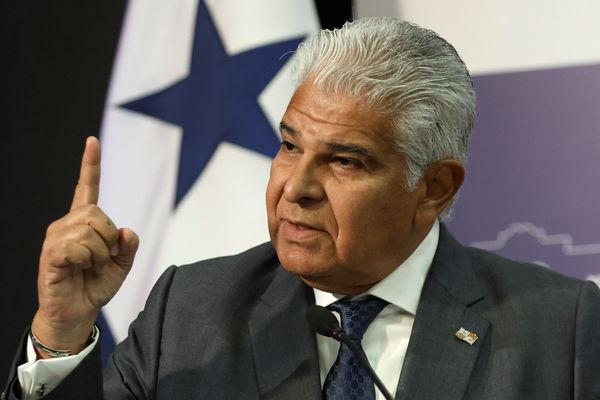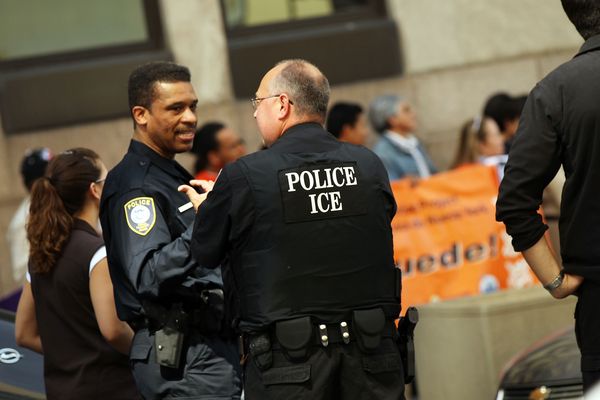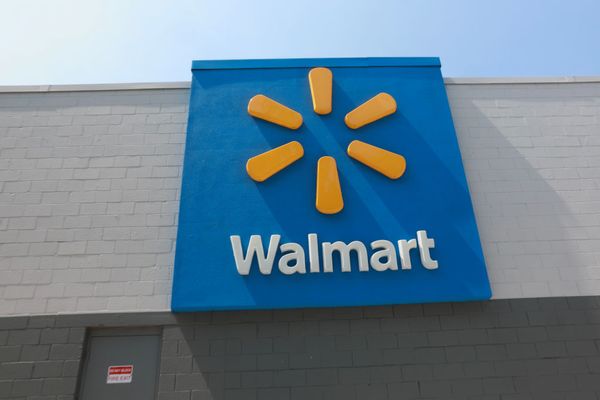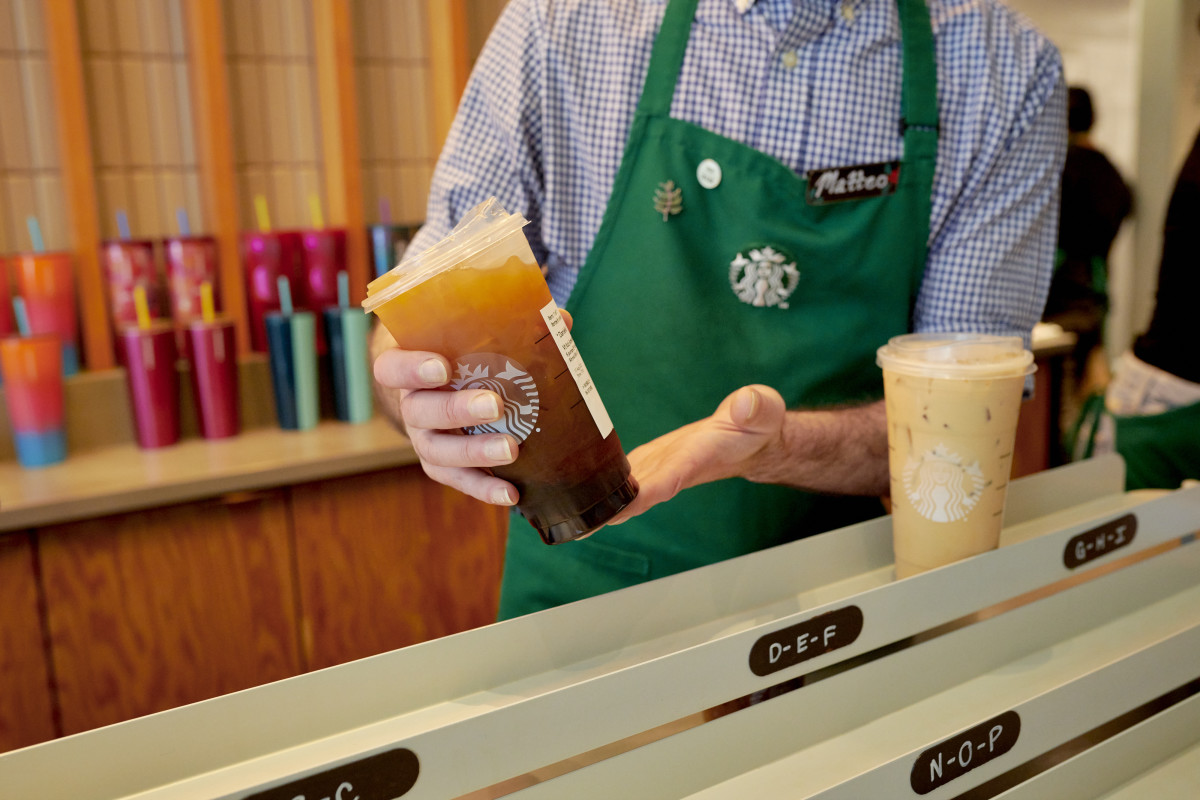
If you're like millions of Americans who start their day with a cup of coffee, chances are you don't dwell too much on how that coffee came to be.
You probably are too busy getting into the office on time, gearing up the kids for school, or doing a thousand things other than thinking about the sustainability of your coffee cup, whether the beans were humanely procured, and whether your creamer is past its prime.
Related: Target makes a major change that will inconvenience customers
Starbucks (SBUX) , on the other hand, is thinking about all those things and more.
The coffee giant has been making a large push in recent years to forward its sustainability efforts, focusing on things like better cup materials, environmental responsibility, and inclusivity.
One of its biggest initiatives has been cutting down on wait times, which is definitely something customers notice. It's working on installing its new Siren System, which is intended to reduce the steps a barista must carry out to produce complicated drink orders.
These improvements are expected to enable a barista to produce, say, a frappuccino in 13 steps and an average 36 seconds compared with the current 16 steps and 87 seconds.
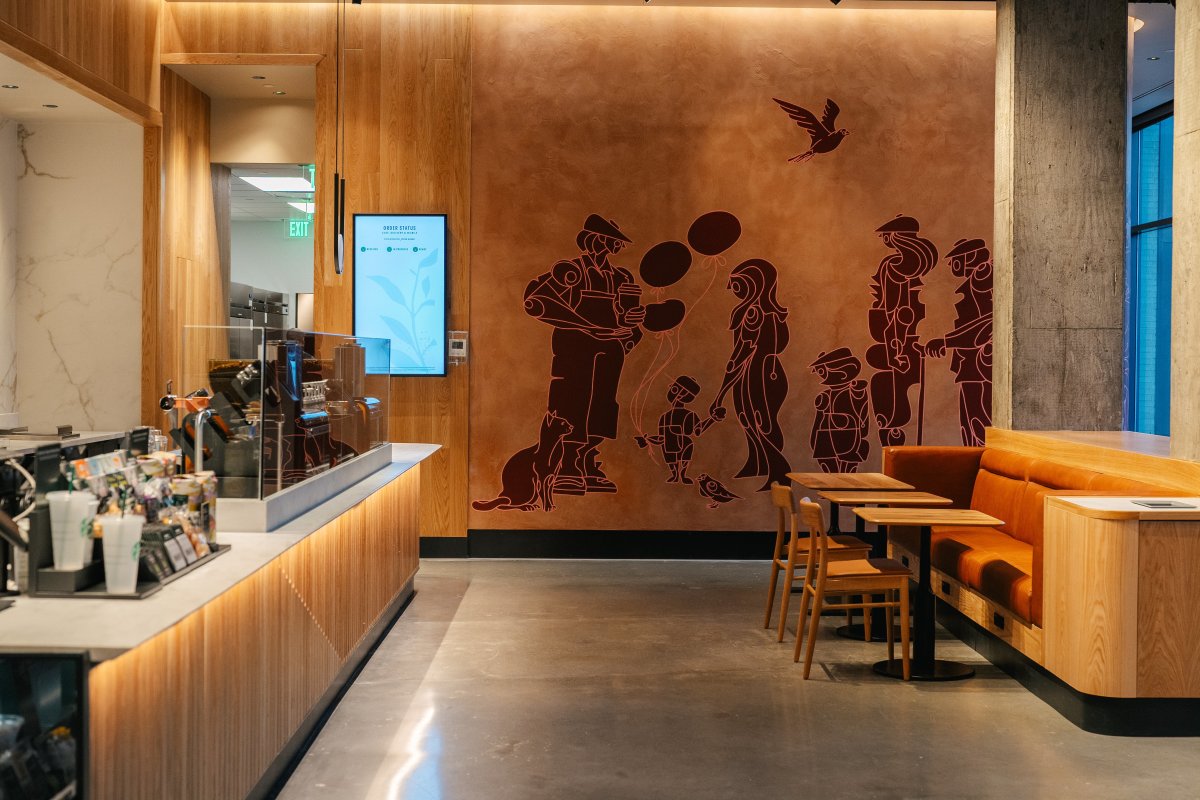
Starbucks
Starbucks has been testing new changes
In April, for example, Starbucks began testing a cafe model that caters specifically to disabled customers. It's installing baffles, a ceiling apparatus that absorbs sound, and renovating other store materials to help reduce the noise pollution that can reverberate around a busy store.
It's also begun making countertops more accessible for everyone and is focusing on how everyone orders in order to improve store efficiency.
Related: Former Home Depot CEO sounds the alarm on 'silent killer'
“Imagine you’ve got all that background noise happening, and then you’ve got a window open in front of you, and you’re trying to communicate with a customer,” Sara Trilling, president of Starbucks North America, said. Improving the sound experience “will translate to order accuracy and just a better customer experience overall.”
Trilling added that the company is "heavily, heavily investing in drive-throughs."
Starbucks makes a bold new change
Starbucks is obviously no stranger to change, but its newest initiative may be one of its bravest, as it involves partnering with fast food and coffee shop competitors.
The coffee chain said on Tuesday, July 9, that it would lead a regional partnership to make reusable cups the default option across the city of Petaluma, Calif., located an hour north of San Francisco.
Called the Petaluma Reusable Cup project, Starbucks will partner with several key brands, including:
- PepsiCo
- Coca-Cola
- Yum Brands
- Peet's Coffee
- Burger King
- Dunkin'
- Target
- Safeway
Eight Starbucks locations will participate in the program, alongside 30 restaurants in total. During the test period, customers will be encouraged to bring in their reusable cups at more than 60 drop-off locations around the city, where they will be cleaned and placed back into circulation for use again.
Unlike Starbucks' traditional single-use cups, which are made from either plastic or paper, the new reusable cups will be made from polypropylene, which is BPA free and easily washable. The Starbucks branded cups will retain their recognizable fill line markings -- just as the single use ones have -- and are purple and white.
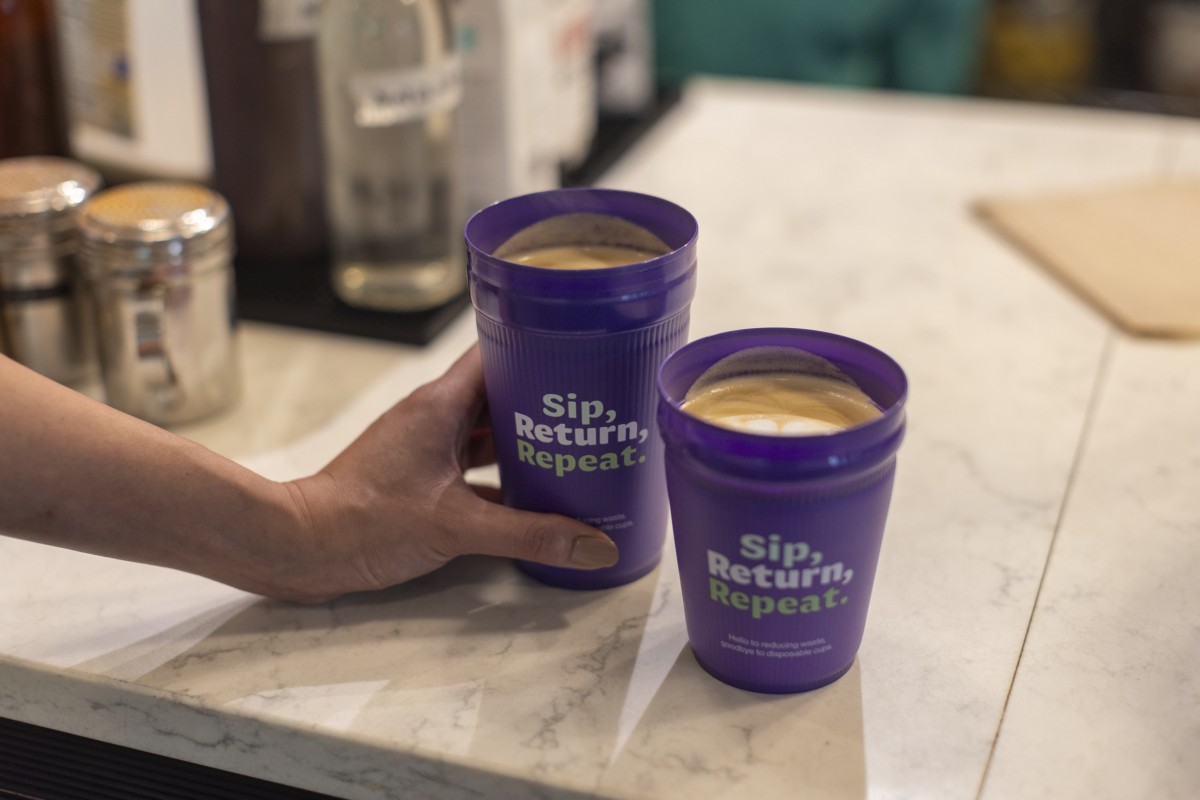
Starbucks has made no secret of its reusable-cup ambitions.
More restaurants:
- Popular restaurant chain filing for bankruptcy, closing all locations
- Starbucks makes big change customers will notice right away
- Nespresso, Keurig make biggest coffee changes yet
In late 2023 Starbucks's sustainability head, Michael Kobori, called the initiative one of Starbucks' biggest.
“Our vision for the cup of the future — and our Holy Grail, if you will — is that the cup still has the iconic symbol on it. It’s just as a reusable cup,” he said.
At the moment, the chain still has a long way to go. As of 2022, only 1.2% of its cups sold were reusable or recyclable. But it hopes that rolling out citywide incentives that bunch multiple restaurants together may be the secret to solving that puzzle.
"What if we saturated a community, and reusables became the cultural norm?" Helen Kao, director of reusables at Starbucks, said of the plan. "Now it’s an ecosystem of global brands, local businesses, city leaders and community groups working together. The industry is realizing that it’s easier to partner than do things alone.”
Related: Veteran fund manager sees world of pain coming for stocks
